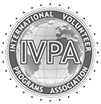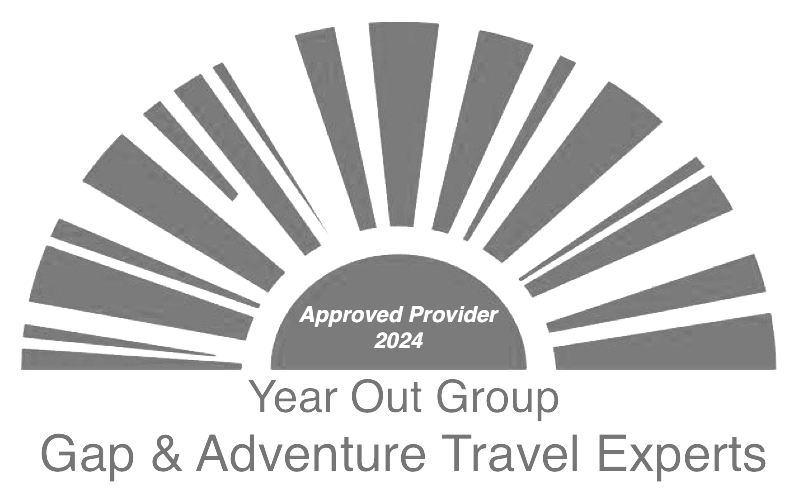Plastic as a Resource
In our blog post Plastic Alternatives, we focused on the future of single use plastics, replacing traditional plastic wrapping and plastic bags with biodegradable/compostable alternatives. But what about the plastic that is currently in the environment.
Ismael Essoume, a young businessman in Cameroon, is tackling the thousands of plastic bottles that choke the rivers of Douala, Cameroon’s largest city. Essoume’s eco-boats are made up of plastic bottles tied together to make canoes. These canoes not only remove thousands of bottles from the environment, they also provide locals with affordable boats which they can use to make a living. Essoume also initiated the first recycling scheme with eco-bins which are also made from plastic bottles. Each eco-bin removes 255 bottles from the environment and encourages locals to recycling.
In India local fishermen are using abandoned fishing nets to make surfboards. The nets are collected from the oceans and ground into granules which are then used to create new products such as surfboards. In South Africa, a Cape Town based company is using plastic bottles to create fabric for boardshorts. The plastic bottles are clean and processed into flakes which are stretched into yarn and woven into fabric - not unlike the threads of polyester which is a common plastic in clothing.
A complete ban on single use plastic sounds like an ideal way to rid the environment of plastic but not all single use plastic is a luxurious extra such a coffee cup lids or take away cutlery. The medical field for example uses a large number of single use plastic and while hospital waste is incinerated, blister packs for tablets, pill bottles, plasters and sterilised dressings all contain some aspects of single use plastic. An Austrailian company may have found a way to tackle single use plastic and general plastic waste that we can’t yet get rid of or swap for an alternative. The company reduces plastic waste to its original form. Using hot water and high pressure, the plastic waste is transformed into an oil which can be reused for plastic, bitumen or petrol.
There isn’t one solution to our plastic waste problem, but rather multiple solutions that can work together to create sustainable and responsible production and consumption of goods.
Yours,
The Good Hope Volunteer Team
To be part of our amazing volunteer community, please contact us.
Follow us on Instagram (@good_hope_volunteers), Facebook (@goodhopevolunteers) and Twitter (@GHVvolunteers)

